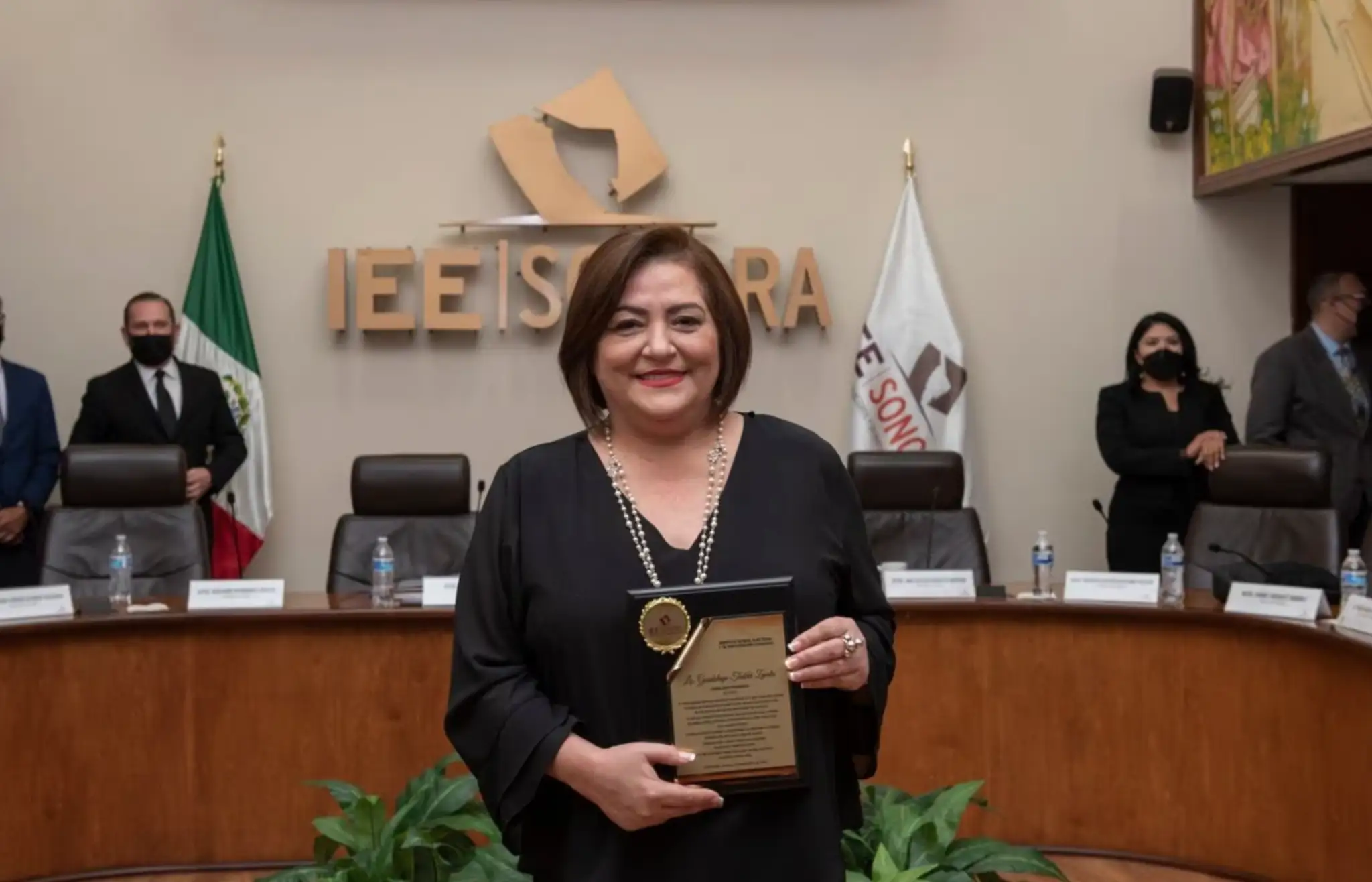Mexico’s Chamber of Deputies recently appointed four new board members of the National Electoral Institute (INE), including its president. The Mexican Constitution establishes the staggered renewal of the General Council members, with the intention that governments and political actors do not influence INE’s decision-making. The same happens with the integration of the Supreme Court of Justice of the Nation (SCJN), in order to maintain the division of powers.
Through a selection process, which was questioned due to the integration of the Technical Evaluation Committee (which, in addition, must guarantee gender parity by jurisdictional mandate), it was defined that a woman will preside (for nine years) over INE’s highest governing body.
The polarization around a possible electoral reform, which the SCJN is analyzing, and the open confrontation between the head of the Executive Branch and INE itself, specifically regarding former president Lorenzo Córdova, made it difficult to reach a consensus among the political forces represented in Congress.
The attempts to reach an agreement that would guarantee the ruling party Morena to impose a person related to it in the presidency of INE’s General Council and a councilor, and the opposition parties, two other positions, did not come to fruition. For this reason, it was decided to use the system of drawing lots among the people who made up the quintets, something that is established in the Constitution as a last resort.
The designation of the positions by means of a drawing of lots leads to some reflections. In the first place, this method makes the election procedure more transparent, since it eliminates the discretionary nature of party leaders’ decisions. In addition, it eliminates any kind of compromise between those appointed and the political actors. In this way, both the new presiding councilor and the new councilors can assume their positions, earned by their own abilities and at the expense of luck (these are free of political commitments).
The appointment procedure allowed the best twenty profiles to reach the final phase, in which the capacity and experience of most of the candidates could be highlighted. In fact, three of those appointed have experience in the exercise of the position in collegiate bodies. One of the main needs of the collegiate bodies is openness and character for consensus generation among peers and the necessary and careful dialogue with political parties.
In Mexico, we have been used to agreements between political forces. And the democratic system has worked based on balance and different opinions. But the voting system provides INE with an opportunity to innovate and take care of processes where there have been failures in the past.
Of the four people who arrive at the General Council, two have experience in jurisdictional bodies, one specialized in gender and elections by indigenous normative systems (an issue that has not been explored in INE) and the president councilor has headed a local electoral body, which injects the institution with the necessary vision, of a local nature, with respect to the electoral processes.
In addition, the arrival of a woman to the General Council and its parity composition serve to balance speeches and actions on the matter, evaluate progress, insert new topics in the agenda, and, eventually, innovate in the tasks of civic education, so necessary in Mexico and in which INE requires strategic alliances to influence the formation of citizenship. Another important issue that should be considered is the modernization of the electoral processes through electronic ballot boxes and Internet voting, an area in which INE has advanced with difficulty.
At the same time, it is important to join efforts so that INE’s internal processes can be carried out in a more agile manner, which would save costs for the institution. It is possible to do more with less, as long as the rights of the people and the constitutional obligations of the electoral body are not violated.
In this new stage, INE has already shown strength by not stopping any phase of the local electoral processes in two states. Likewise, the vision of the INE’s president has led her to maintain valuable profiles that guarantee stability to the institution. This shows that managerial skills are on the horizon to cope with the organization.
No one has a blank check. But the new INE does have a vote of confidence to follow its institutional path and to be able to guarantee free, periodic, authentic, and peaceful elections. The 2024 presidential election, with an electoral roll that could reach 100 million people, will be the litmus test. The challenge is not easy, but there is a strong institution with great citizen confidence.
*Translated from Spanish by Janaína Ruviaro da Silva











